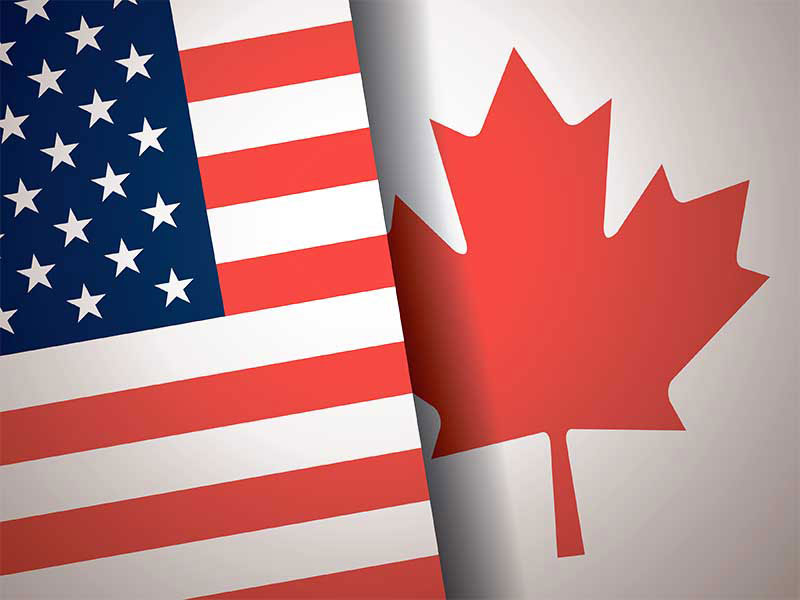
The temporary shutdown of a key Canada-U.S. border crossing by protests highlights the growing significance of supply-chain risks, says Fitch Ratings.
In a new report, the rating agency said the protests that disrupted cross-border traffic could affect corporate revenues and margins.
Supply chains were already under pressure from a variety of factors, the report noted, including rising protectionism, labour shortages due to Covid-19 illness, factory shutdowns in countries pursuing zero-Covid policies, and transportation constraints.
“An extended trucker blockade at the US/Canada border would have added to these challenges for some companies,” it said, noting that Canada is still the second-largest trading partner to the U.S. for goods, led by trade in vehicles, machinery, fuels and plastics.
“The ultimate impact of the protests on U.S. supply chains would have depended on the duration of the blockade, manufacturing footprints and the extent to which trucks are used as a mode of transportation,” Fitch said.
In particular, an extended blockade would have been disruptive for the auto industry, it noted, “given the Detroit area is a major manufacturing hub and the Ambassador Bridge is a critical transportation artery.”
Companies with more diversified operations, or those that ship primarily by rail rather than by truck, would have been less affected, it said.
Fitch indicated that it generally expects supply-chain pressures to start to ease in the second half of 2022, as consumer demand shifts away from goods and toward services.
“However, bottlenecks caused by shipping disruptions and a scarcity of semiconductors have shown little improvement to date,” it noted, and unexpected events, such as a trucker blockade at the border, “create downside risk to our expectations,” it said.
Improving the resilience of the supply chain will “take time,” the report noted, as companies and government look to boost domestic manufacturing capacity, rebuild infrastructure, and enhance coordination with key trading partners such as Canada, Mexico and China.